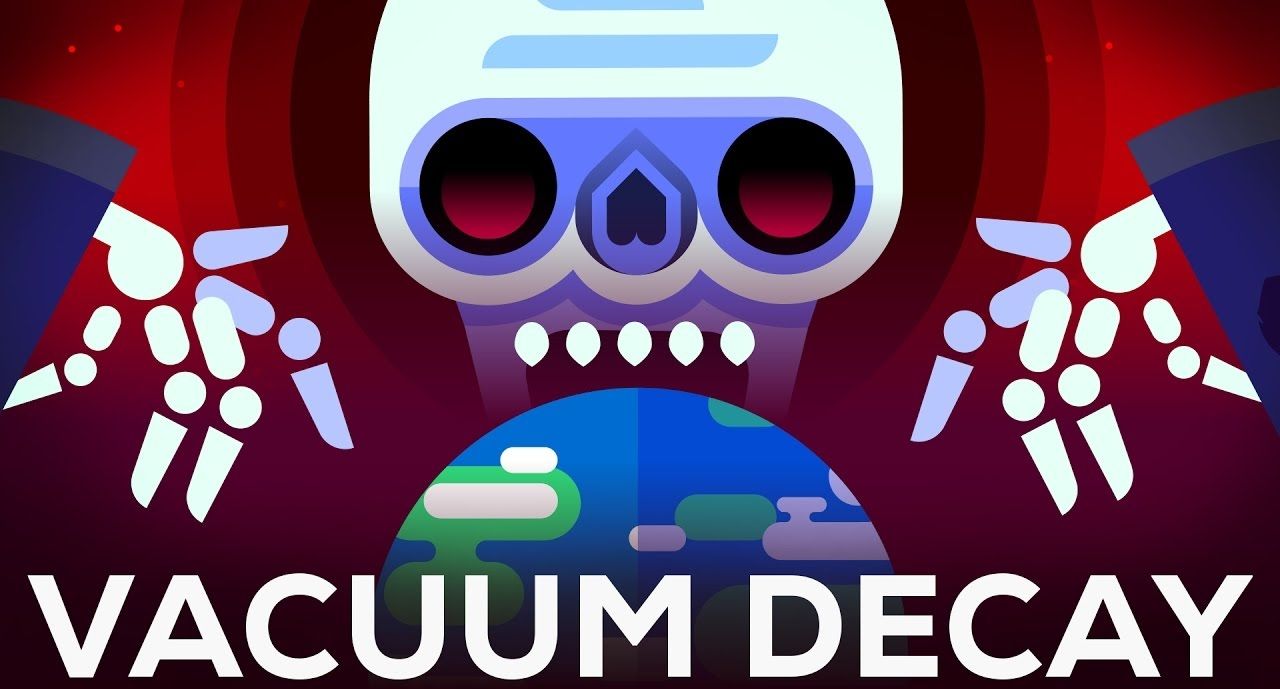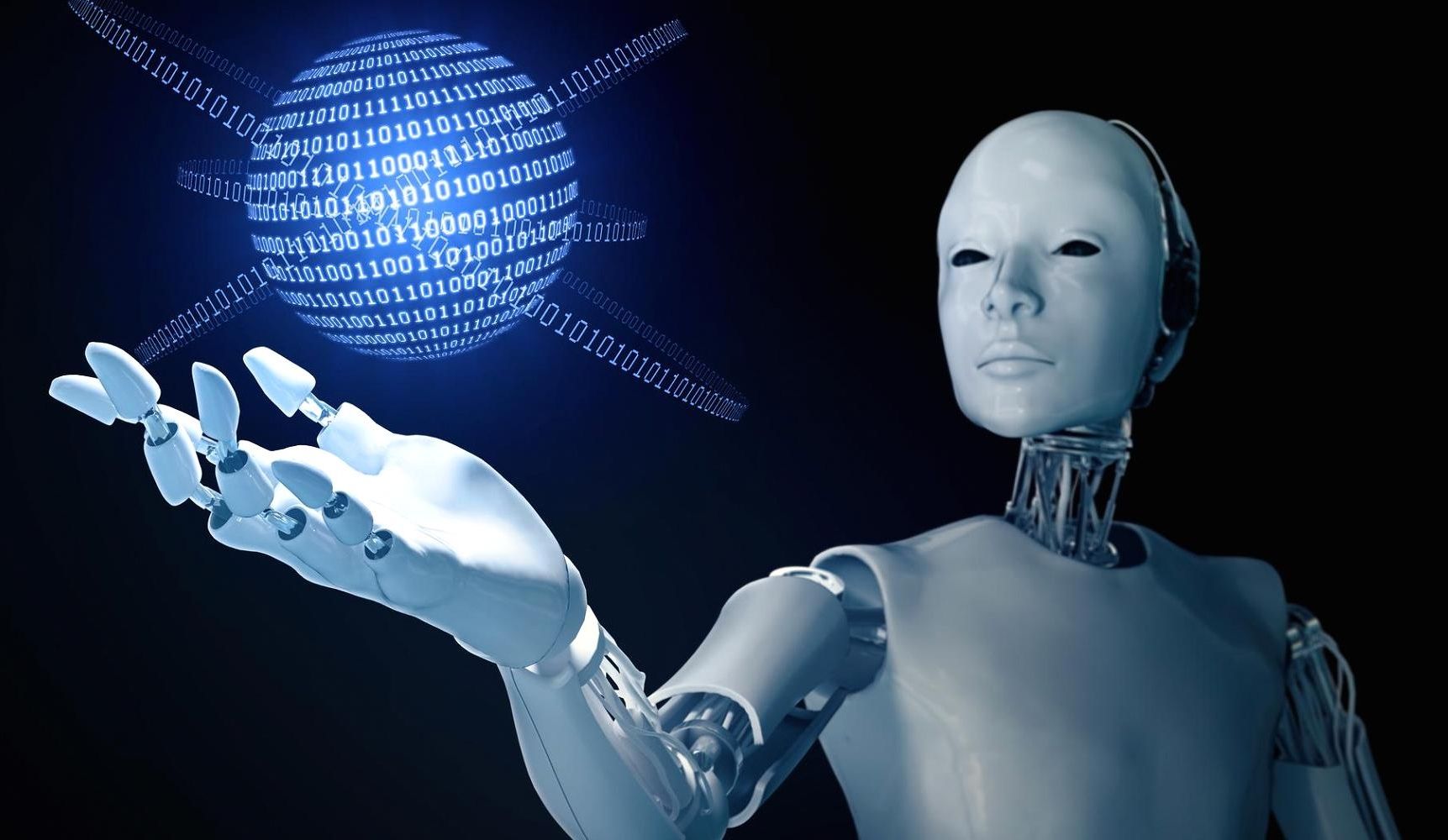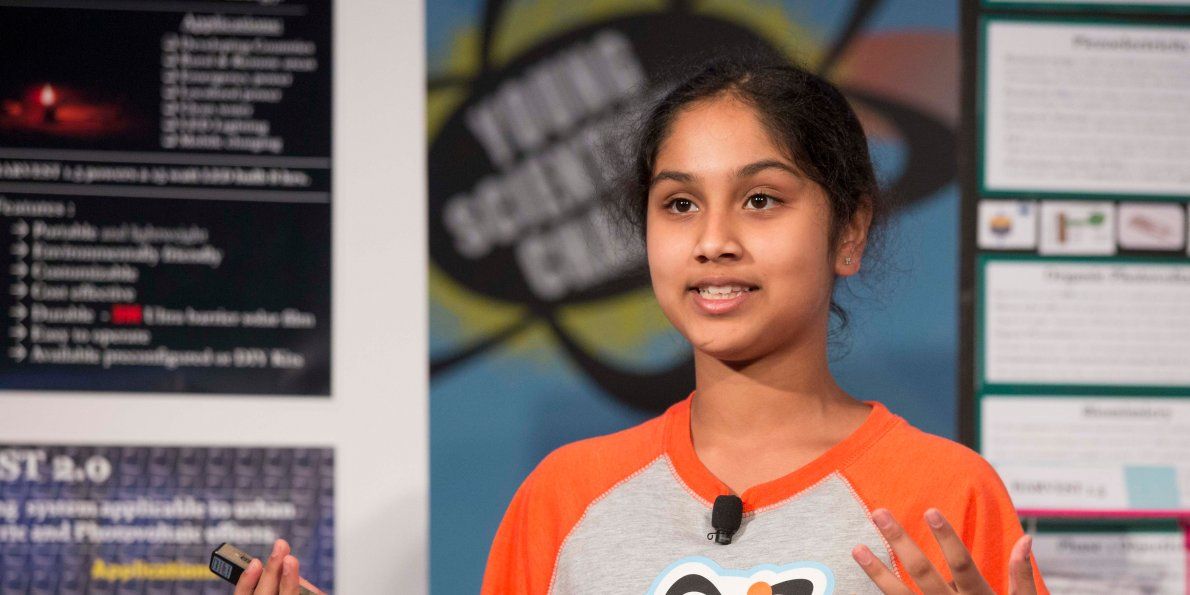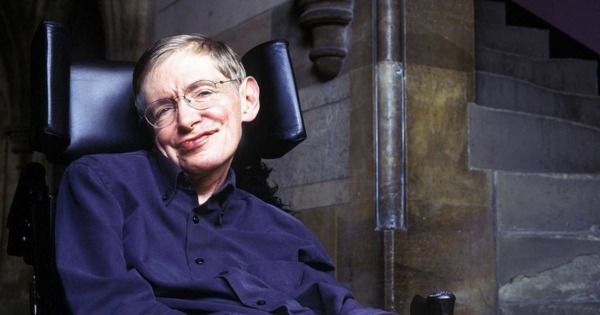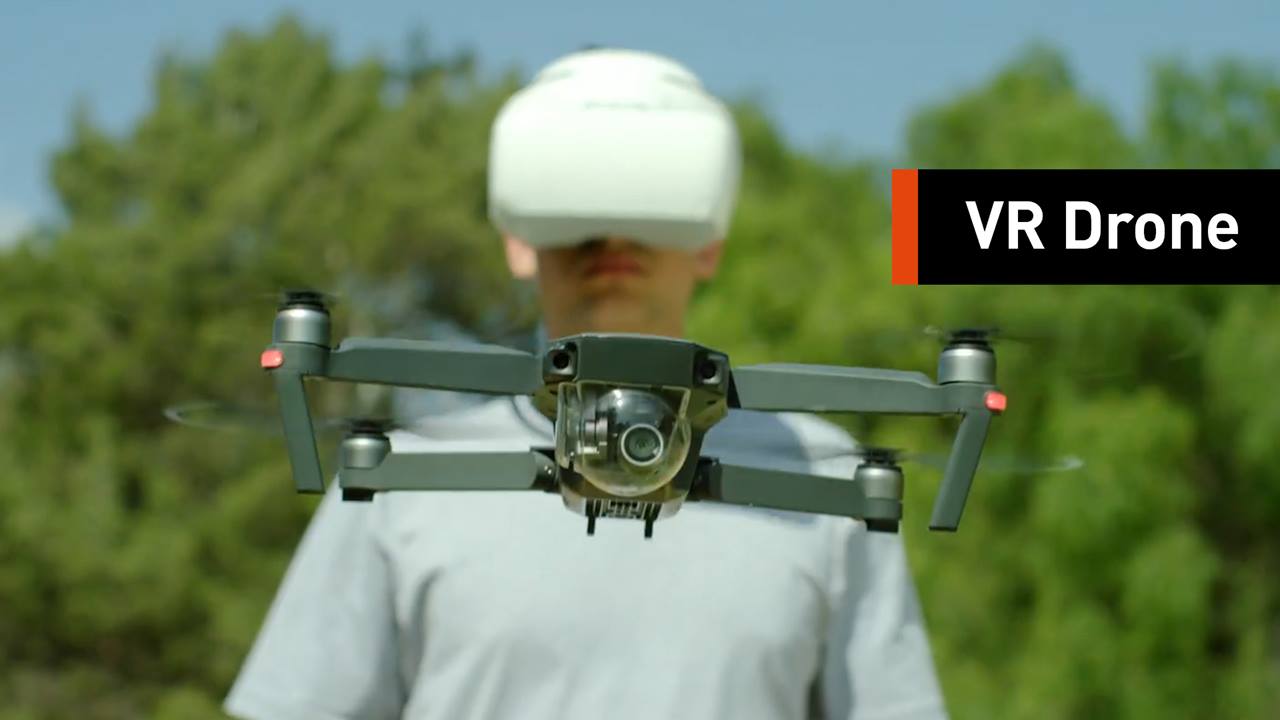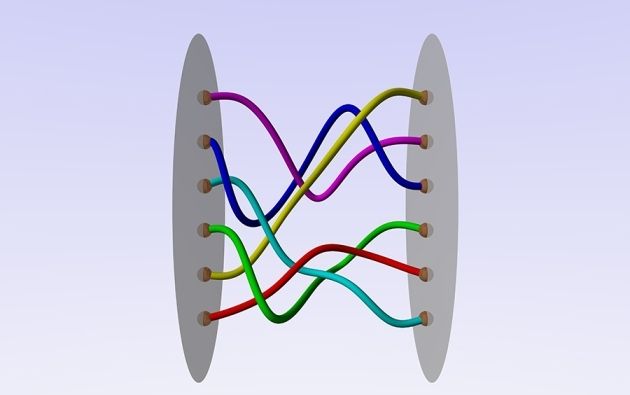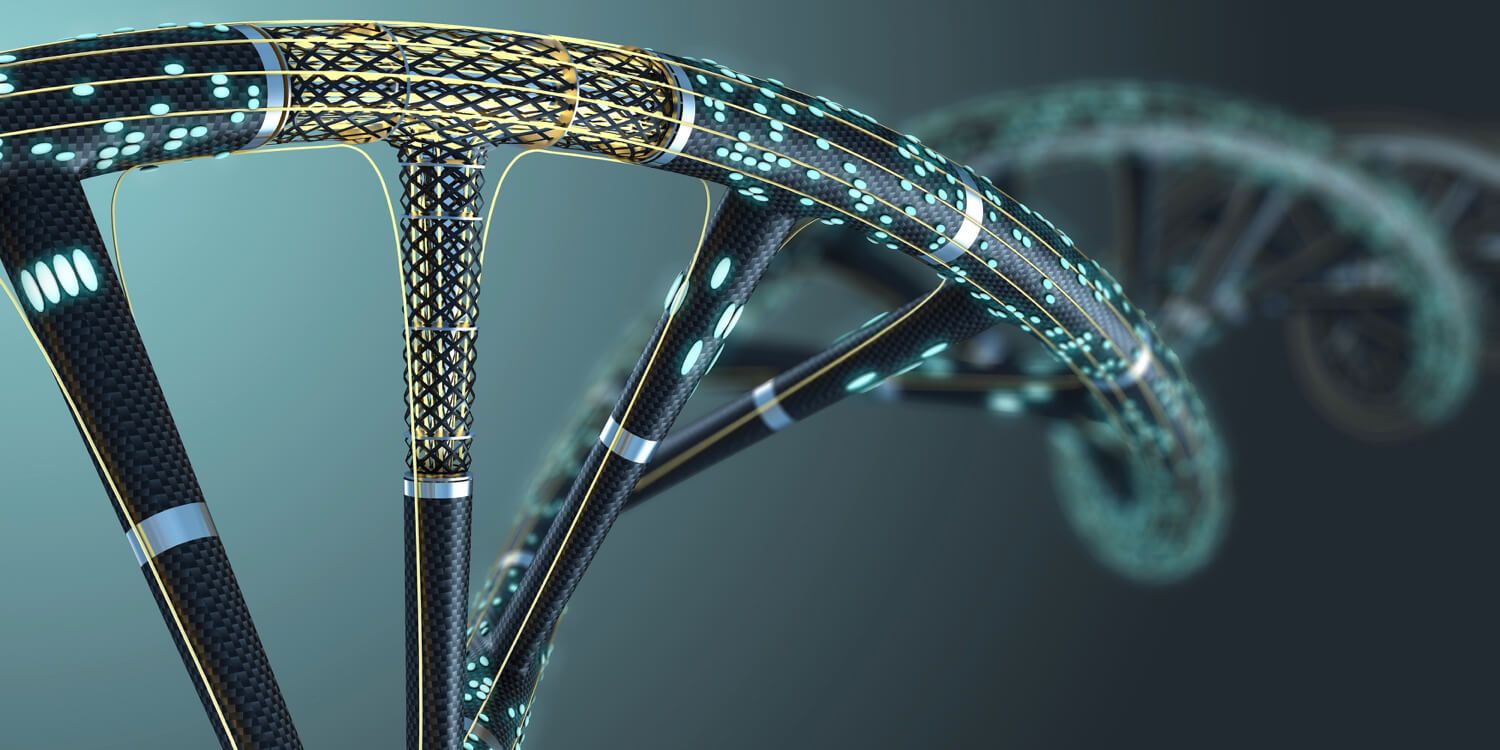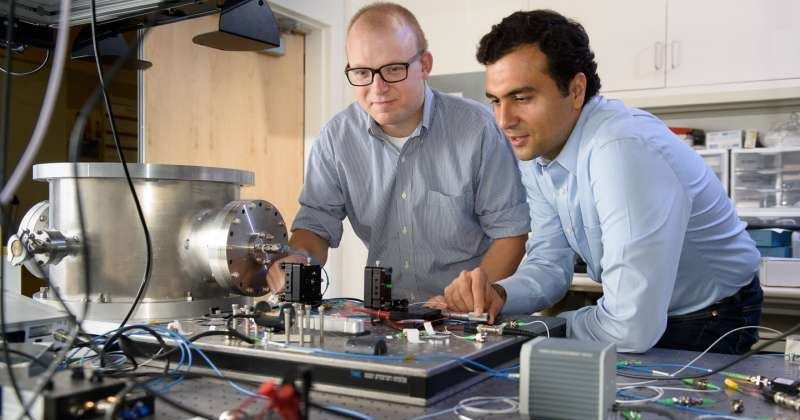Page 10789
Oct 23, 2016
Artificial intelligence will change the ‘course of our species’: Top Goldman tech banker
Posted by Elmar Arunov in categories: computing, finance, information science, internet, robotics/AI
Artificial intelligence is a “momentous development,” said George Lee, co-chairman of the global technology, media and telecom group at Goldman Sachs.
“As awesome as the internet has been, it will be best remembered as really the predicate for machine learning,” said Lee, who’s also chief information officer of Goldman’s investment banking division. He appeared on CNBC’s “Squawk Alley” on Wednesday from Goldman’s Builders + Innovators Summit in Santa Barbara, California.
The internet enabled computing scale in a network and serves as a way to “collect data that’s used to train all these algorithms,” Lee said, predicting machine learning will “change our world … and even the course of our species in ways that are hard to predict today.”
Oct 22, 2016
This brilliant 13-year-old figured out how to make clean energy using a device that costs $5
Posted by Shane Hinshaw in categories: education, solar power, sustainability
Maanasa Mendu thinks she’s cracked the code on how to make wind and solar energy affordable.
On Tuesday, Mendu, a 13-year-old from Ohio, won the grand prize in the Discovery Education 3M Young Scientist Challenge for her work in creating a cost-effective “solar leaves” design to create energy. In addition to winning the title of “America’s Top Young Scientist,” she gets $25,000 for her achievement.
The leaves, designed to help developing areas in need of cheaper power sources, cost roughly $5 to make.
Oct 22, 2016
Hawking: Creating AI Could Be the Biggest Event in the History of Our Civilization
Posted by Elmar Arunov in categories: futurism, robotics/AI
In Brief:
- At the launch of the Leverhulme Centre for the Future of Intelligence (CFI), the famed scientist warned of a potentially grave future given the rise of AI.
- The work done at CFI could have far-reaching implications for the future of AI, helping shape how the technology is used and regulated.
Oct 22, 2016
A Bird’s Eye View Courtesy of Virtual Reality
Posted by Elmar Arunov in categories: drones, virtual reality
Oct 22, 2016
Man Makes DIY Prosthetic Arm For His Dad
Posted by Elmar Arunov in categories: biotech/medical, cyborgs
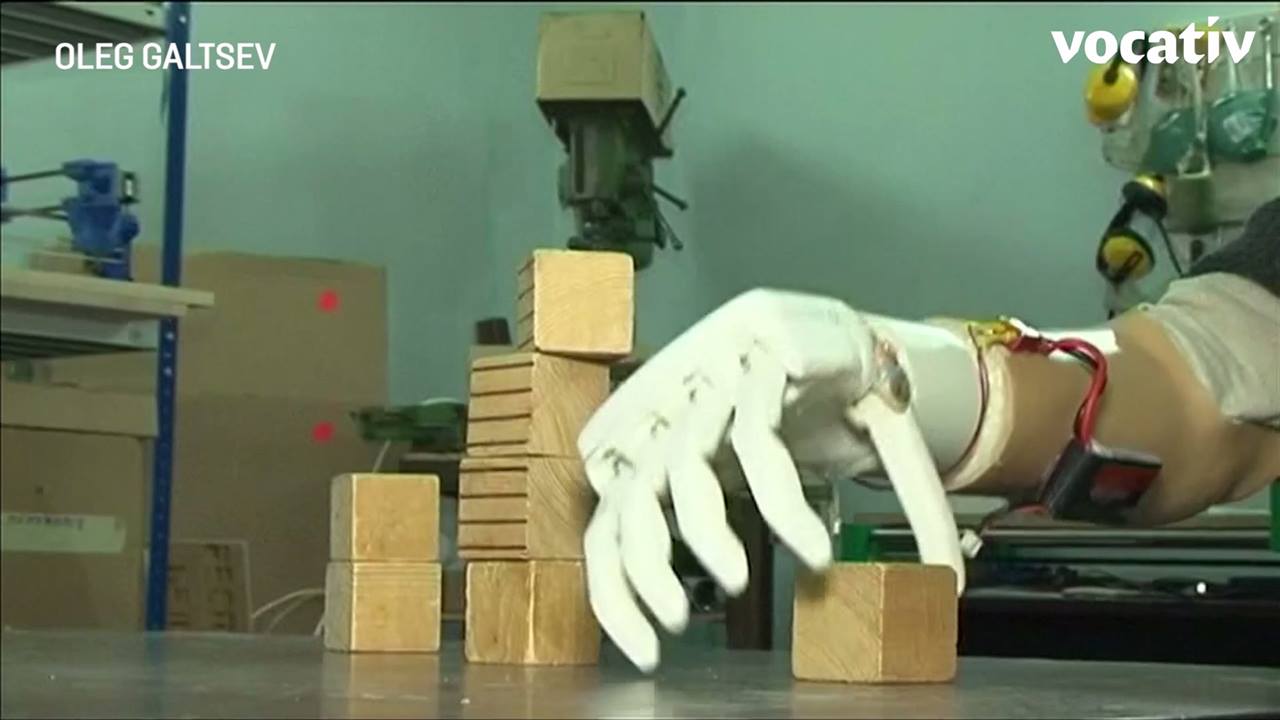
Sergei lost his arm when his son was four years old.
His son is now an engineer, and he built this for his dad.
Oct 22, 2016
Inside Microsoft’s quest for a topological quantum computer
Posted by Andreas Matt in categories: computing, particle physics, quantum physics
Alex Bocharov explains why the company is hoping to build qubits out of particles that some scientists think might not even exist.
Oct 22, 2016
Associations between Periodontal Microbiota and Death Rates
Posted by Steve Hill in category: biotech/medical
Brushing your teeth has never been so important.
It is conceived that specific combinations of periodontal bacteria are associated with risk for the various forms of periodontitis. We hypothesized that such specificity is also related to human cause-specific death rates. We tested this hypothesis in a representative sample of the US population followed for a mean duration of 11 years and found that two specific patterns of 21 serum antibodies against periodontal bacteria were significantly associated with increased all-cause and/or diabetes-related mortalities. These data suggested that specific combinations of periodontal bacteria, even without inducing clinically significant periodontitis, may have a significant impact on human cause-specific death rates. Our findings implied that increased disease and mortality risk could be transmittable via the transfer of oral microbiota, and that developing personalized strategies and maintaining healthy oral microbiota beyond protection against periodontitis would be important to manage the risk.
Oct 22, 2016
Can DNA Hard Drives Solve Our Looming Data Storage Crisis?
Posted by Klaus Baldauf in categories: biotech/medical, computing, health, internet, mobile phones
The idea of storing digital data in DNA seems like science fiction. At first glance, it might not seem obvious that a molecule can store data. The term “data storage” conjures up images of physical artifacts like CDs and data centers, not a microscopic molecule like DNA. But there are a number of reasons why DNA is an exciting option for information storage.
The status quo
We’re in the midst of a data explosion. We create vast amounts of information via our estimated 17 billion internet-connected devices: smartphones, cars, health trackers, and all other devices. As we continue to add sensors and network connectivity to physical devices we will produce more and more data. Similarly, as we bring online the 4.2 billion people who are currently offline, we will produce more and more data.
Continue reading “Can DNA Hard Drives Solve Our Looming Data Storage Crisis?” »
Oct 22, 2016
Stanford created scalable optical quantum annealing computer using special lasers and electrical circuits
Posted by Klaus Baldauf in categories: computing, quantum physics
An entirely new type of computer that blends optical and electrical processing could get around this impending processing constraint and solve superlarge optimization problems. If it can be scaled up, this non-traditional computer could save costs by finding more optimal solutions to problems that have an incredibly high number of possible solutions.
There is a special type of problem – called a combinatorial optimization problem – that traditional computers find difficult to solve, even approximately. An example is what’s known as the “traveling salesman” problem, wherein a salesman has to visit a specific set of cities, each only once, and return to the first city, and the salesman wants to take the most efficient route possible. This problem may seem simple but the number of possible routes increases extremely rapidly as cities are added, and this underlies why the problem is difficult to solve.
